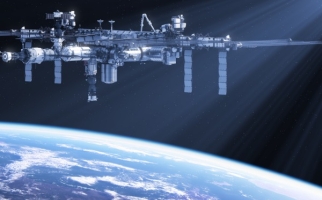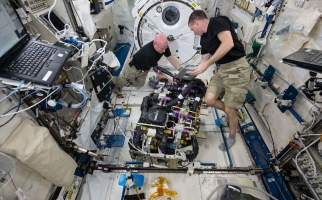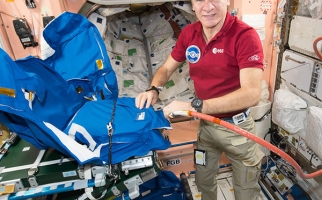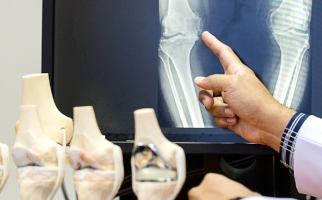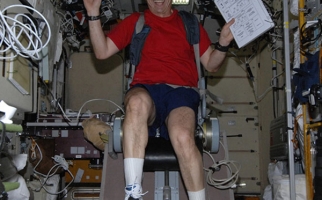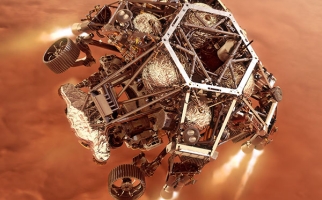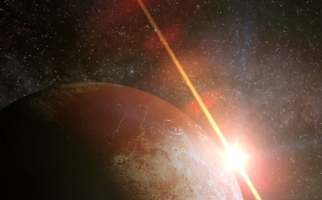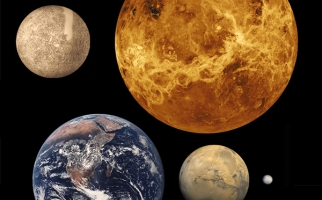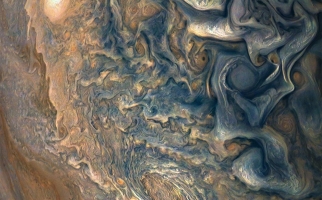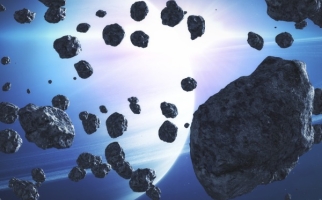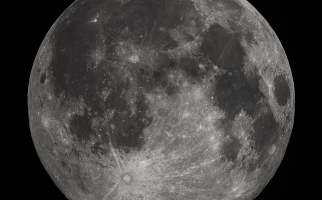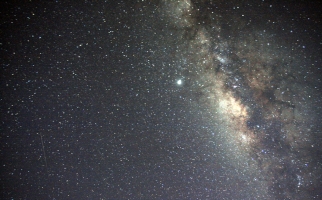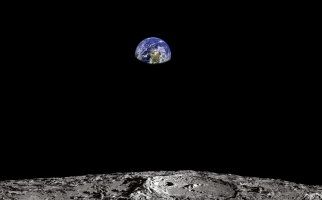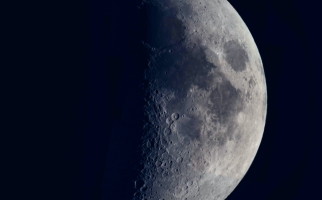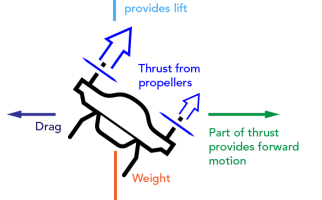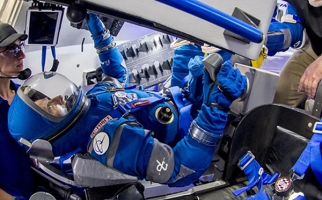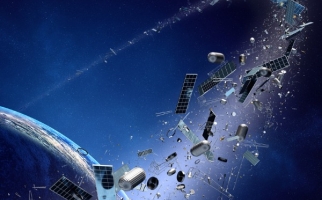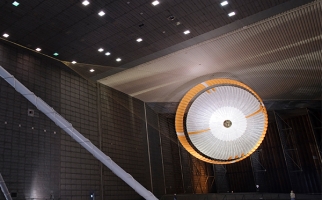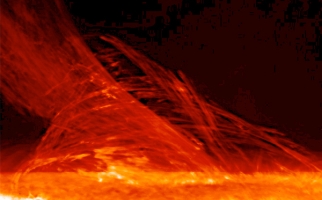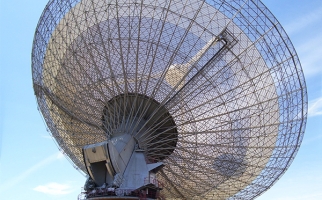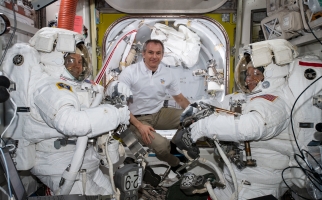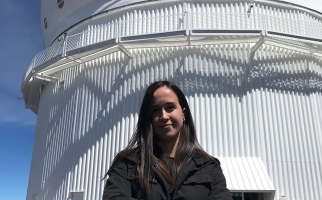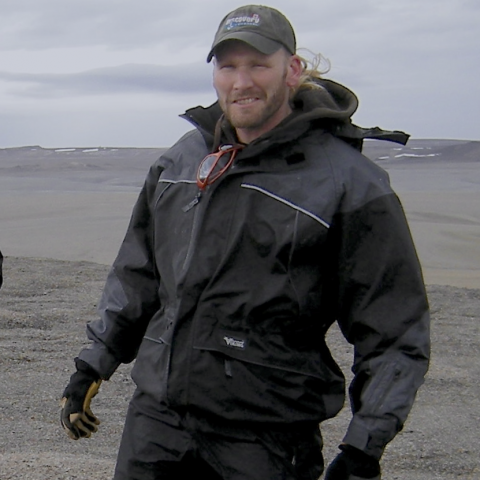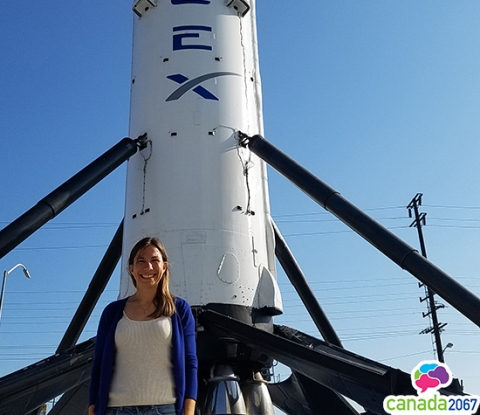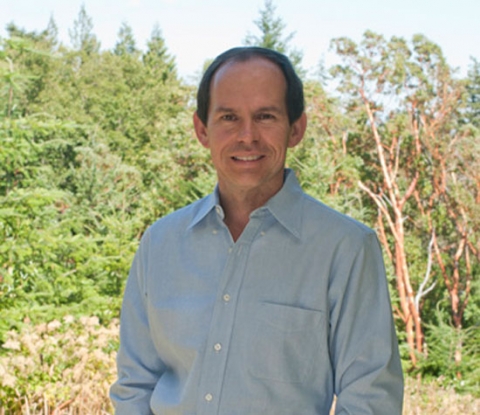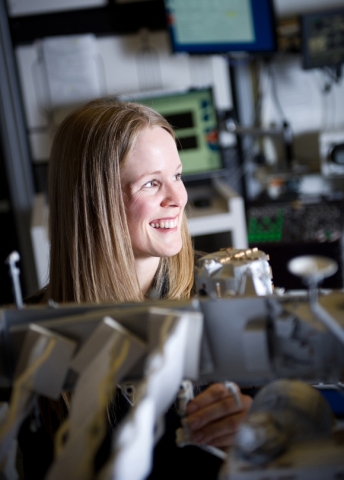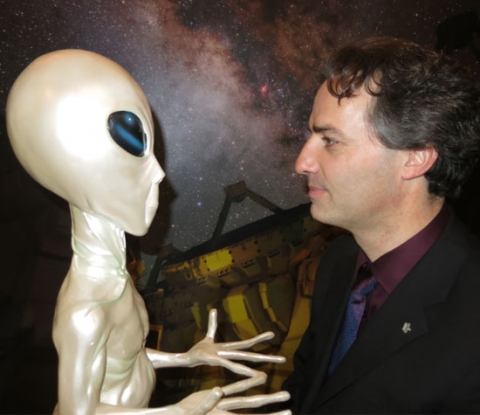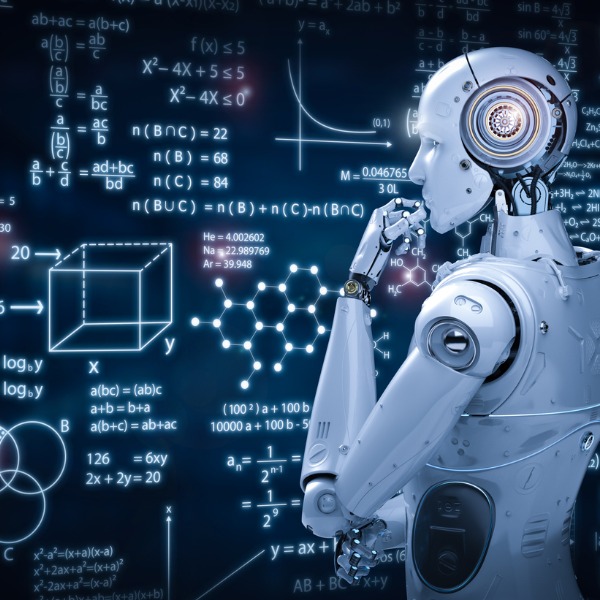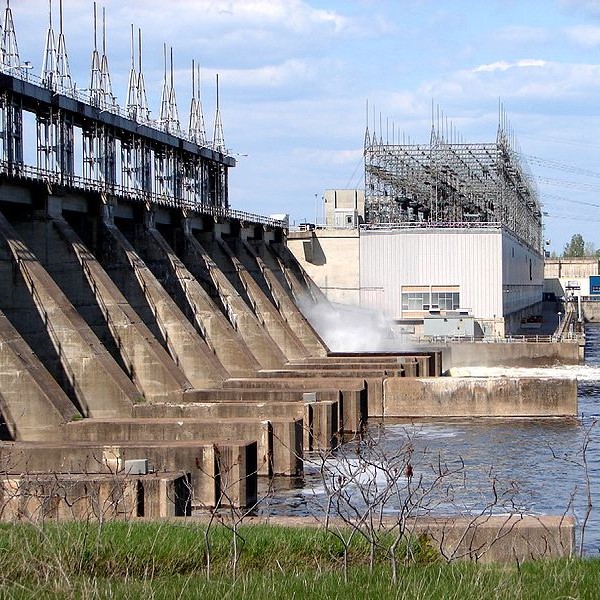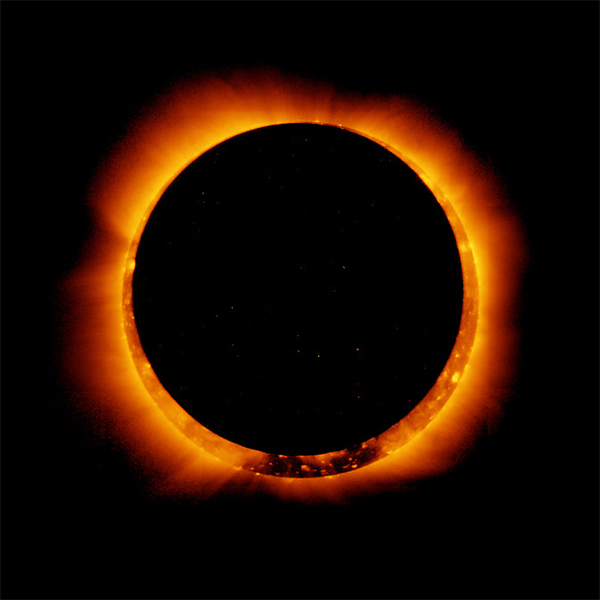
Let's Talk Lunar Resources
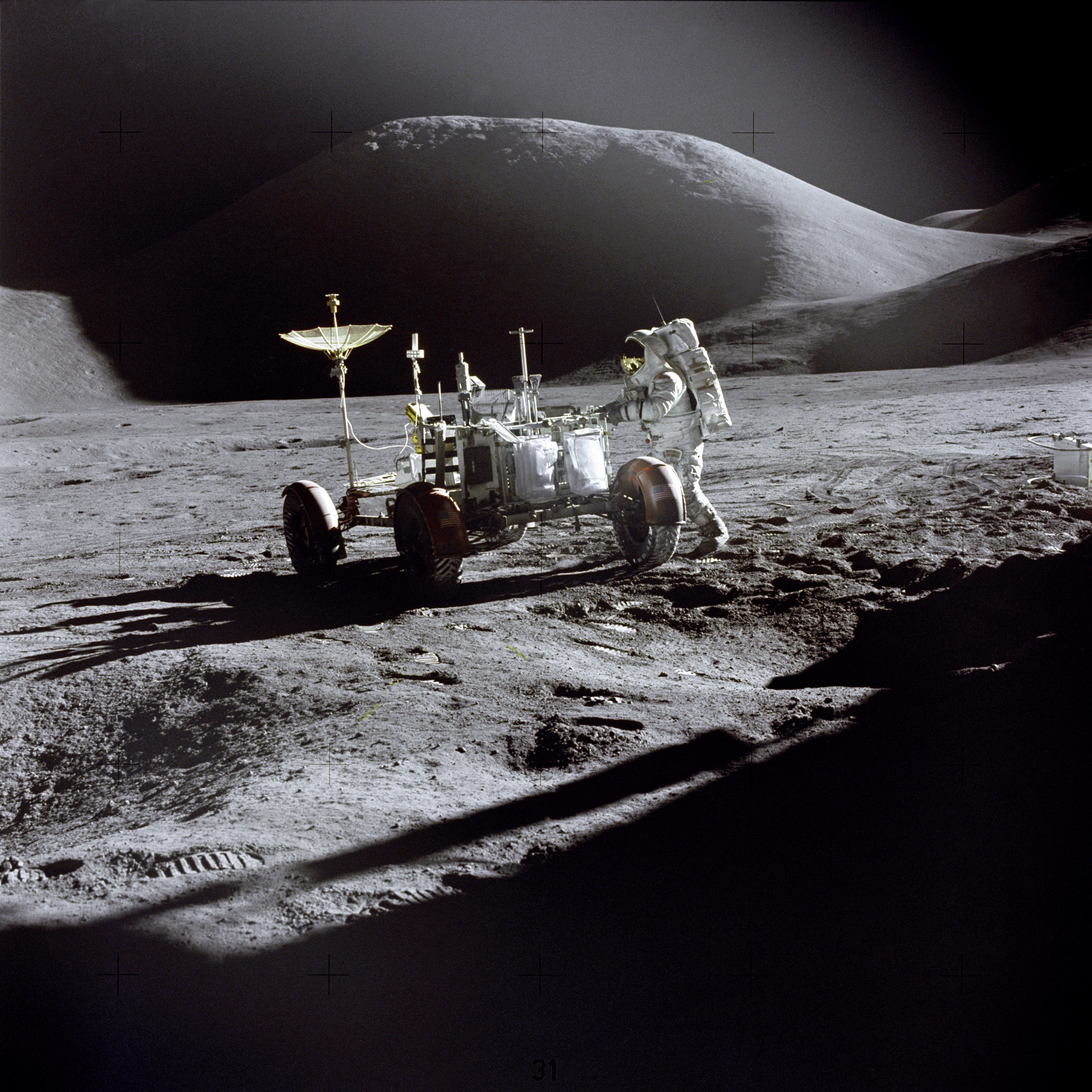
Astronauts from the Apollo Mission landing on the moon.

Astronauts from the Apollo Mission landing on the moon.
How does this align with my curriculum?
BC
4
Science Grade 4 (June 2016)
Big Idea: The motions of Earth and the moon cause observable patterns that affect living and non-living systems.
BC
6
Science Grade 6 (June 2016)
Big Idea: The solar system is part of the Milky Way, which is one of billions of galaxies.
YT
4
Science Grade 4 (British Columbia, June 2016)
Big Idea: The motions of Earth and the moon cause observable patterns that affect living and non-living systems.
YT
6
Science Grade 6 (British Columbia, June 2016)
Big Idea: The solar system is part of the Milky Way, which is one of billions of galaxies.
AB
4
Science 4 (2023)
Space: Understandings of the living world, Earth, and space are deepened by investigating natural systems and their interactions.
AB
5
Science 5 (2023)
Space: Understandings of the living world, Earth, and space are deepened by investigating natural systems and their interactions.
PE
6
Integrated Curriculum Grade 6: Science (Draft 2023)
DK 1.2: The solar system impacts life on earth.
PE
6
Integrated Curriculum Grade 6: Science (Draft 2023)
DK 1.2: Demonstrate an understanding of how components of our solar system influence various cycles and ways of living on Earth.
BC
9
Science Grade 9 (June 2016)
Big Idea: The biosphere, geosphere, hydrosphere, and atmosphere are interconnected, as matter cycles and energy flows through them.
YT
9
Science Grade 9 (British Columbia, June 2016)
Big Idea: The biosphere, geosphere, hydrosphere, and atmosphere are interconnected, as matter cycles and energy flows through them.
AB
6
Science 6 (2023)
Space: Understandings of the living world, Earth, and space are deepened by investigating natural systems and their interactions.
BC
10
Science Grade 10 (March 2018)
Big Idea: The formation of the universe can be explained by the big bang theory.
BC
11
Earth Sciences 11 (June 2018
Big Idea: Astronomy seeks to explain the origin and interactions of Earth and its solar system.
YT
10
Science Grade 10 (British Columbia, June 2016)
Big Idea: The formation of the universe can be explained by the big bang theory.
YT
11
Earth Sciences 11 (British Columbia, June 2018
Big Idea: Astronomy seeks to explain the origin and interactions of Earth and its solar system.
ON
12
Earth and Space Science, Grade 12, University (SES4U)
Strand C: Planetary science (Science of the Solar System)
YT
6
Science Grade 6 (British Columbia, June 2016)
Big Idea: Newton’s three laws of motion describe the relationship between force and motion.
BC
6
Science Grade 6 (June 2016)
Big Idea: Newton’s three laws of motion describe the relationship between force and motion.
ON
12
Earth and Space Science, Grade 12, University (SES4U)
Strand B: Astronomy (science of the Universe)

